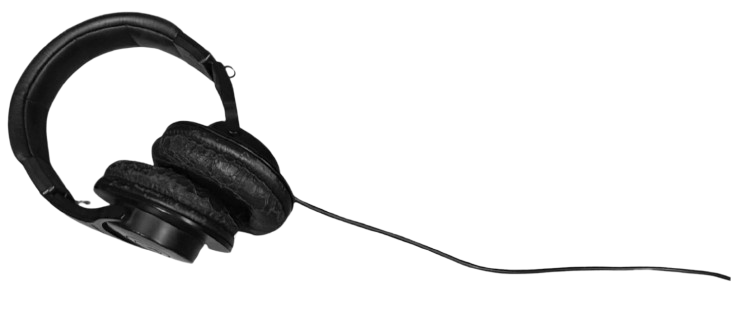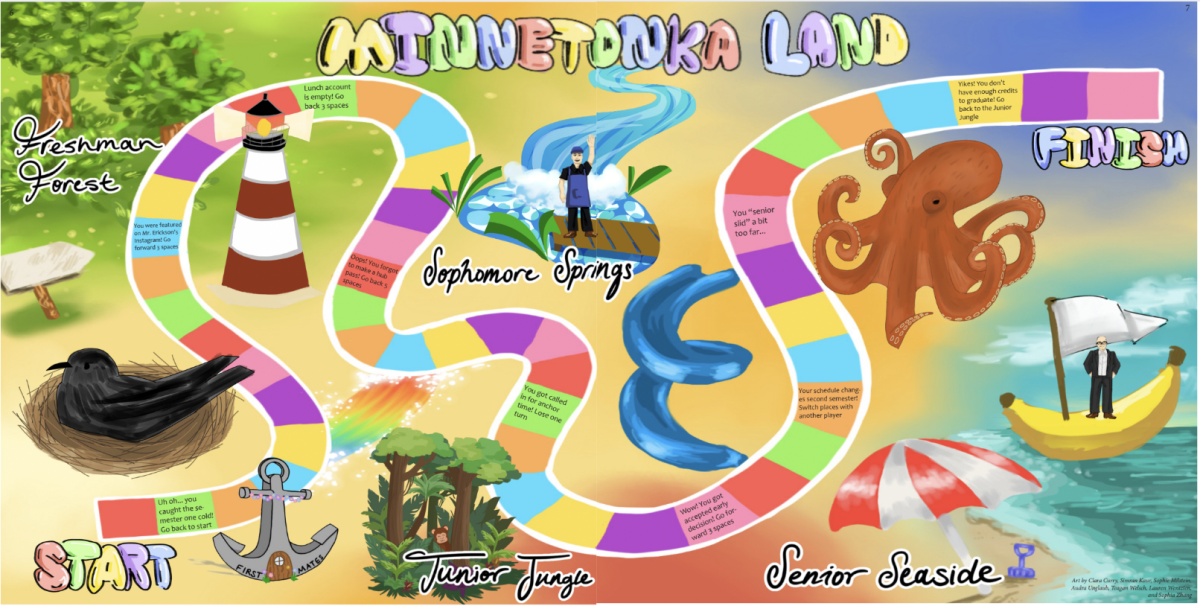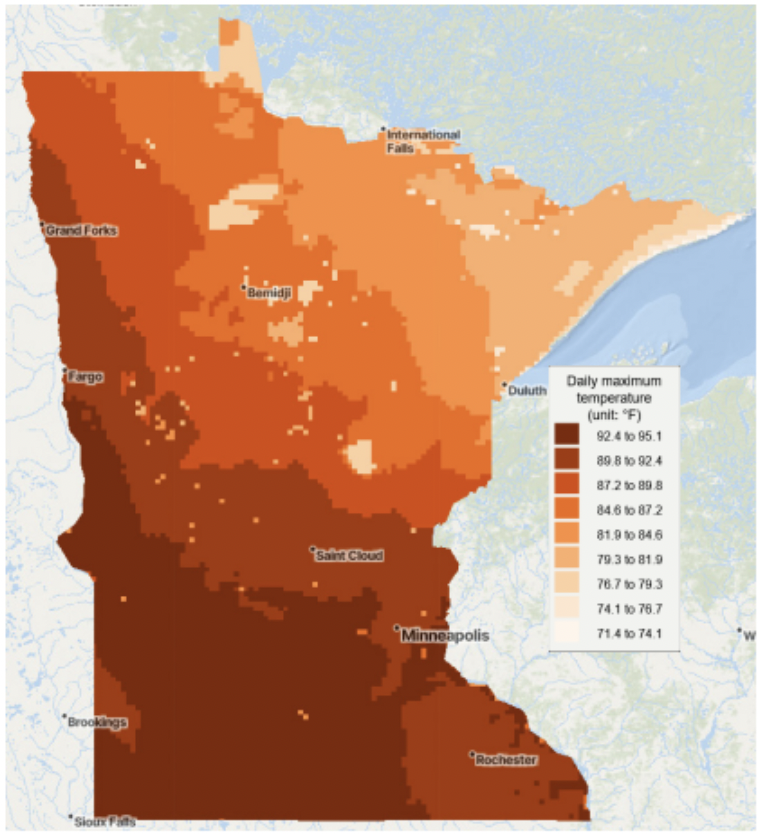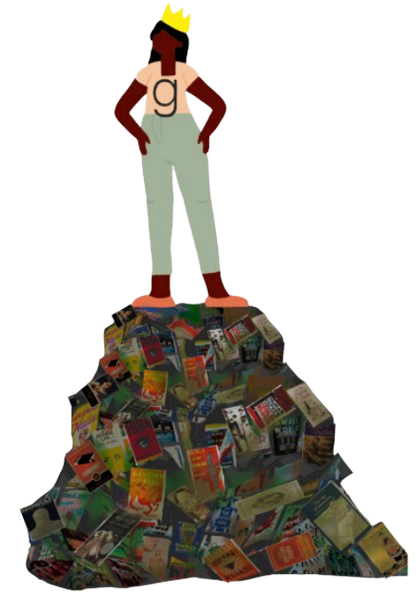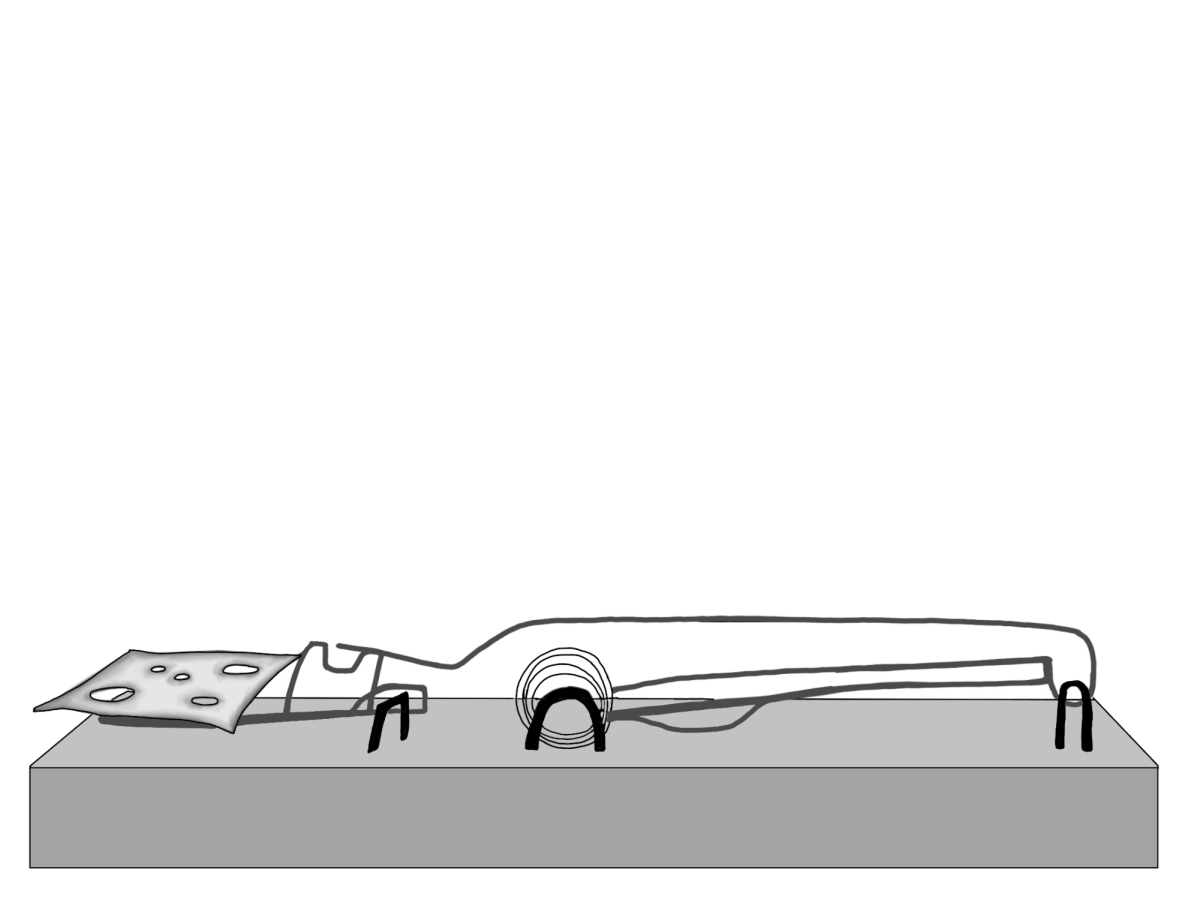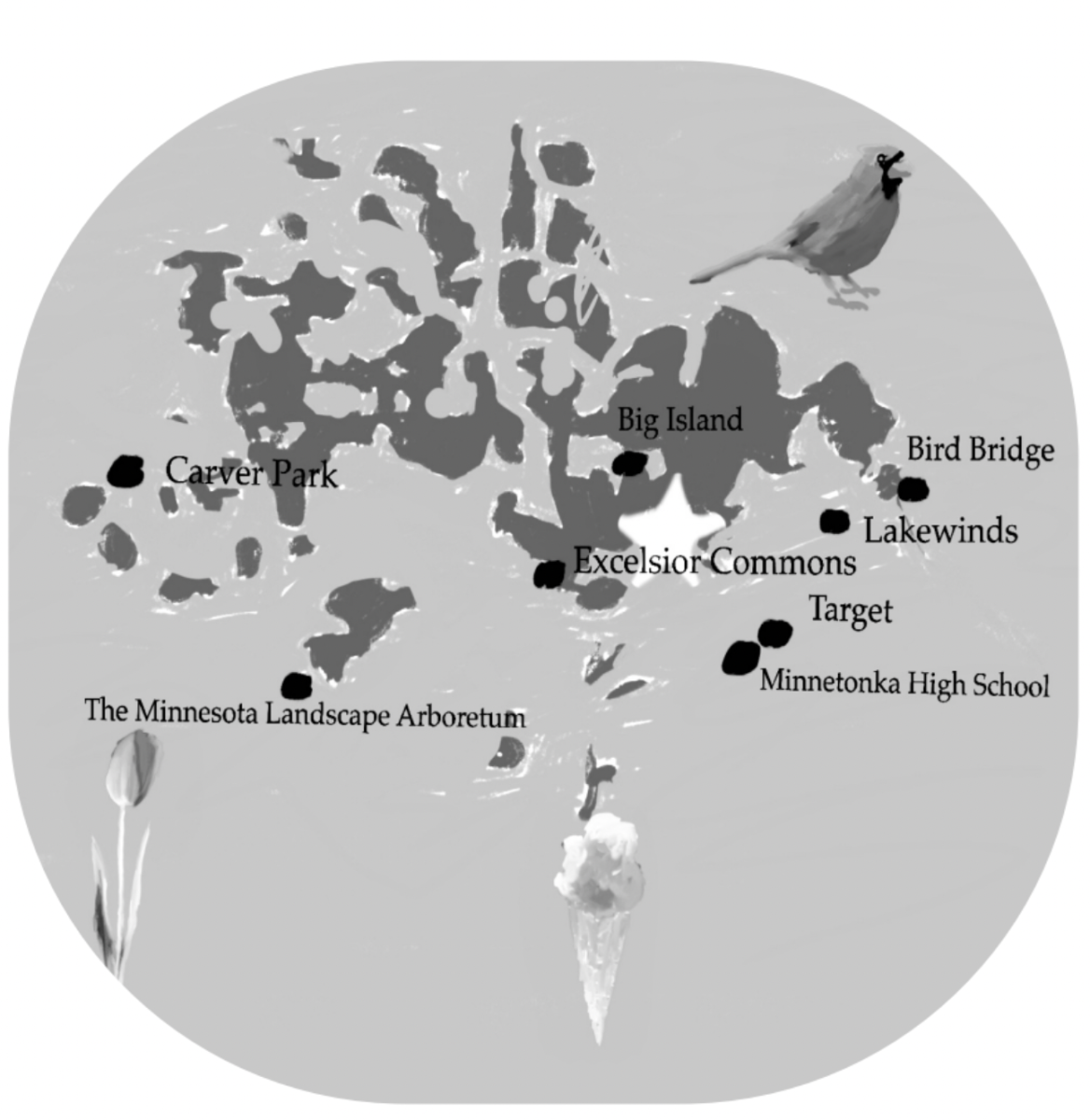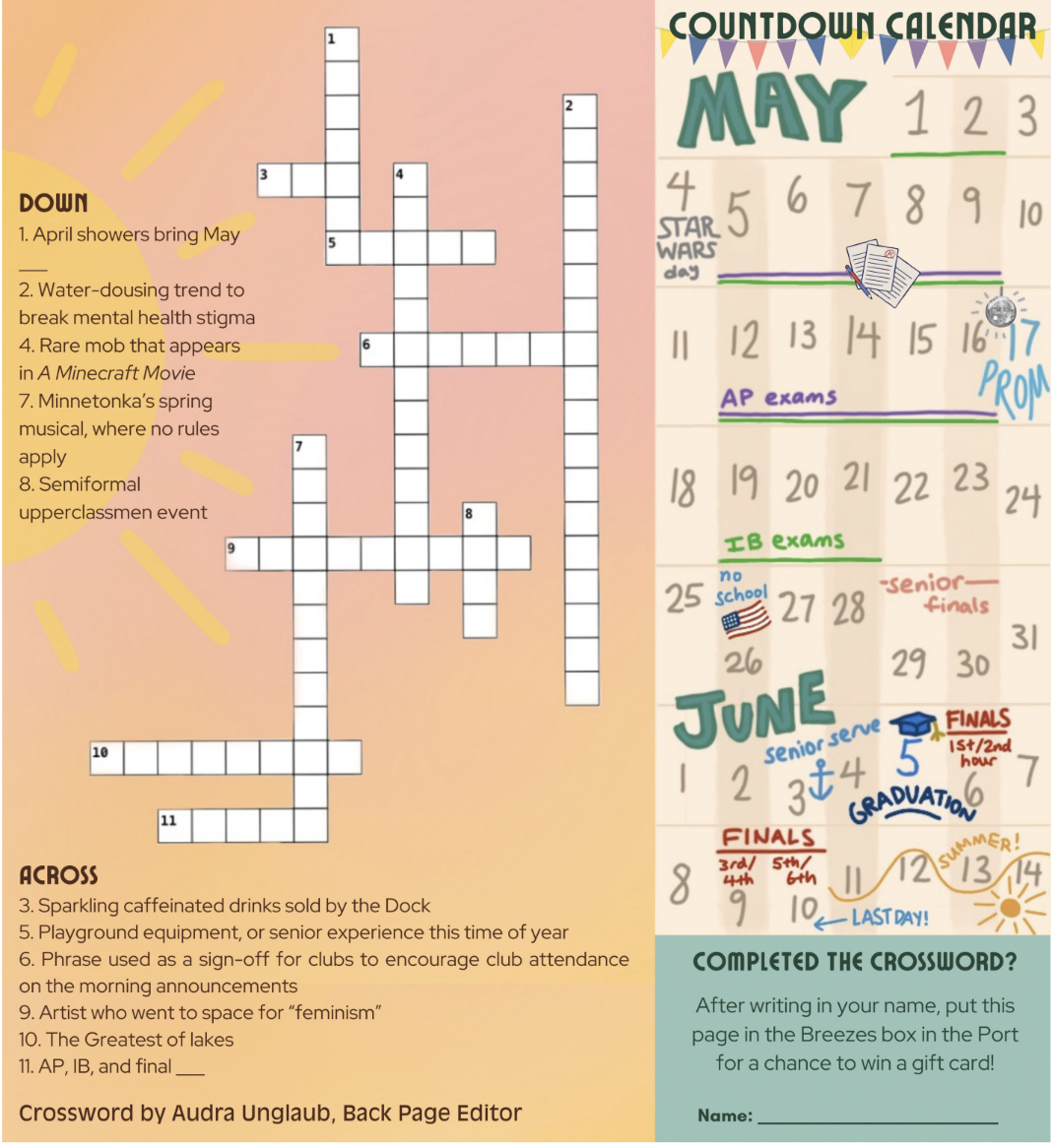Dairy: Deadly or Delicious?
October 25, 2019
Health organizations consistently ambush media and schools with dairy propaganda. Most elementary age students grow up drinking milk as it is widely known that milk is “good for your bones” and “makes you grow big and strong.” However, more and more people are adopting dairy-free diets even for their children. This begs the question: is a dairy healthy or not?
To present some pros for the cheese lovers, dairy is a good source of important nutrients such as calcium, potassium, vitamin D, and protein. Choose My Plate (the organization that produces the posters of balanced meals) focuses on the benefits of bone health that dairy provides. The health benefits section on their webpage reads, “Calcium is used for building bones and teeth and in maintaining bone mass. Dairy products are the primary source of cal
cium in American diet.” Interesting enough, calcium is detrimental in children as their bone mass is building. Even though it is provided, Minnetonka students have an opinion when it comes to their dairy intake. Karalee Sit ‘21 has been a vegetarian for 6 years and says that she chooses to keep dairy in her diet as“It is beneficial for vegetarians because it is a good source of protein.” She also admits that “dairy is in everything, so it is really hard to avoid.” These are valid points as dairy has many needed nutrients, and it is in virtually everything.
Even wit these benefits, consuming dairy can still have its drawbacks.The American Heart Association (AHA) remarks that dairy products, particularly milk, are high in saturated trans fats which can lead to high cholesterol and heart disease. In many human adults, the lactate enzyme needed to break down the lactose sugar during digestion is not found. This is commonly known as lactose intolerance. This shows that the human body does not need dairy to survive as the majority of the earth’s population cannot gain any nutritional value from dairy. The one-third of the population who has the lactase persistence mutation can eat dairy only because it was needed to survive in certain places around the world; many of these places were in Europe which explains America’s general ability to consume dairy.
Two of Minnetonka high school’s heath teachers, Ms.Dow and Ms.Hornseth, summed up the facts very clearly. They explained that dairy is not necessary in a diet, as there are alternatives which also provide the nutrients found in dairy. However, Ms.Dow explained, “dairy is an easy and inexpensive way to get needed nutrients.” Dairy is safe as long as the fat content doesn’t cause potential health problems, so it is always best to check with your own doctor.


